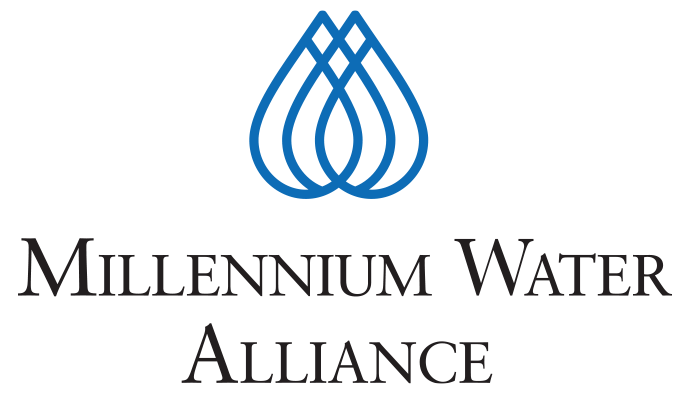With funding from the FEMSA Foundation, Coca-Cola Latin America, and others in two programs from 2008 through 2016, we brought water to more than 111,000 people and full WASH services to more than 40,000 school children.
Lazos De Agua Program Background
Colombia | Guatemala | Honduras | Mexico | Nicaragua

Lazos de Agua (2013-2016)
With funding from Coca-Cola Latin America, The FEMSA Foundation, and six participating members of the Millennium Water Alliance, the consortium program Lazos de Agua (Water Links) spanned five countries over three years, bringing safe drinking water, sanitation systems and practices, and hygiene education to hundreds of remote communities.
Accomplishments of Lazos de Agua:
Beneficiaries Reached:
- 110,292 people have gained first-time or enhanced access to water from improved sources
- 8,183 people benefitted from the construction of improved sanitation infrastructure
- 97,321 received hygiene and sanitation education and promotion activities
Total Investment:
- $6,332,732 from Coca-Cola Latin America and FEMSA Foundation
- $6,938,388 in matching funds from partners (including from local governments, communities, NGOs, and other donors)
Intervention Areas in Five Countries:
- Mexico (two MWA members): World Vision – 64 communities between Oaxaca (municipality of San Miguel Soyaltepec) and Veracruz (municipalities of Tehuipango, Mixtla de Altamirano and Atlahuilco); Living Water International – 60 communities in Puebla and Oaxaca
- Guatemala: CARE -10 communities, in two municipalities (Tacana, Tajumulco) in San Marcos
- Honduras: Water For People – 20 communities in the municipality of San Antonio de Cortes, Cortes
- Nicaragua: WaterAid – 20 communities in two municipalities (Puerto Cabezas, Waspam) in the Region Autonomo de la Costa Caribe Norte (RACCN)
- Colombia: Aguayuda – 22 communities in three municipalities (Manaure, Maico, Riohacha) in La Guajira
Intervention Activities:
Water
- Almost 100 wells constructed or improved (cleaned and rehabilitated)
- 40 water storage tanks constructed or improved (cleaned and rehabilitated)
- 14 gravity water systems constructed or improved (cleaned and rehabilitated)
- 1,688 household water meters installed
- 3,000 household level rainwater harvesting systems constructed
- 44 chlorination systems installed in piped water systems
- More than 3,750 household water filters given out or purchased
- 193 water committees established
Sanitation
- More than 1,100 improved sanitation facilities constructed
- More than 900 household greywater drainage systems constructed near household taps
Hygiene Promotion
- More than 1,000 handwashing stations installed at households
- Nearly 300 education workshops conducted on WASH themes
- More than 3,300 hygiene related home visits conducted
Program Focus Areas:
- Community-centered intervention design
- Inclusion of local governments in planning, implementation, and funding of projects
- Sustainability models
- Water quality
Program Outputs:
- Regional Water Quality Protocol developed and followed
- Targeted research conducted on handwashing, social capital, and use of multiple water sources
To view previous work in Latin America, please click here.
Posted in Latin America Past Programs
